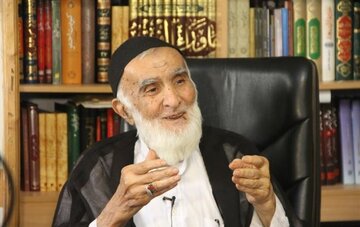به گزارش خبرگزاری اهل بیت(ع) ـ ابنا ـ خبرگزاری رسمی سوریه (سانا) به نقل از مقامات اطلاعاتی این کشور گزارش داد مقامات سوری، «ابوالحارث العراقی»، مسؤول حملات داعش در سوریه را دستگیر کردند.
خبرگزاری رسمی سوریه (سانا) به نقل از یک منبع در سرویس اطلاعاتی سوریه گزارش داد: ما توانستیم ابوالحارث العراقی، یکی از سرکردگان گروه داعش را که سمتهای مهمی در استان موسوم به «ولایت عراق» برعهده داشت، دستگیر کنیم.
براساس این گزارش، وی مسؤول تهیه و برنامهریزی تعدادی از عملیات تروریستی و ترورها، از جمله ترور میسر الجبوری، از فرماندهان نظامی ارشد هیئت تحریرالشام ملقّب به "ابو ماریه القحطانی" بوده است.
سانا نوشت: گروهی که پیشتر نقشهاش برای حمله به حرم سیده زینب (ع) در دمشق کشف و خنثی شده بود، تحت فرماندهی مستقیم ابو الحارث العراقی فعالیت میکرده است.
.............................
پایان پیام/ 167






نظر شما